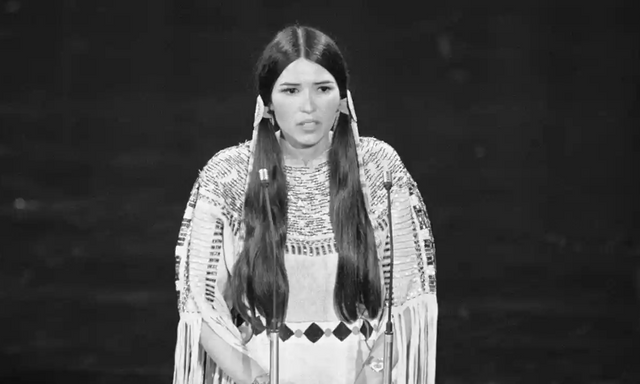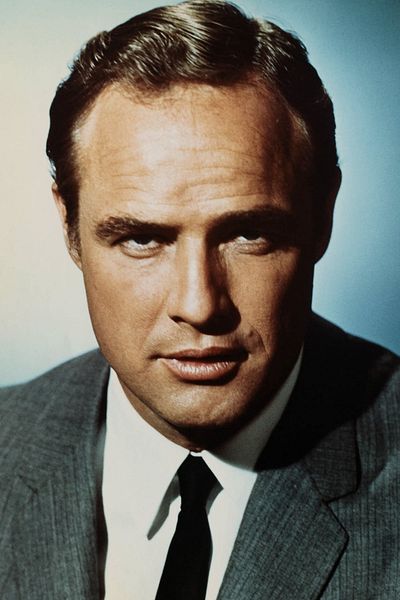Sacheen Littlefeather became part of Oscars history in 1973 when she spoke on behalf of 'The Godfather' star Marlon Brando, but endured years of abuse.
The Academy of Motion Pictures Arts and Sciences, the governing body that run the Oscars, have apologised to her for the abuse she endured, and will host an event with Littlefeather in September for an evening of "conversation, healing and celebration”.
Littlefeather was 26 when she was chosen to represent Marlon Brando at the 1973 Oscars, and later told the audience that Brando could not accept the award for Best Actor owing to “the treatment of American Indians today by the film industry”.
Littlefeather had initially planned to read an 8-page prepared statement, but was instructed by ceremony producer Howard Koch to keep the speech under 60 seconds.
In addition, Littlefeather was under instructions from Brando to not touch the trophy in the event that he won for his role in 'The Godfather'.
A quick speech was improvised, where Littlefeather stated that Brando "very regretfully cannot accept this very generous award" owing to the depiction and treatment of American Indians on film and television.
In the speech, Littlefeather brought attention to the activist organisation the American Indian Movement, which had recently occupied the South Dakota town of Wounded Knee in protest at the treatment of Native Americans.
At the time of the speech, the stand-off was subject to a media blackout.
The speech was greeted with hostility from the crowd, with John Wayne reportedly having to be restrained by six security guards, as he was so enraged by the speech he wanted to run on stage and confront Littlefeather.
Littlefeather suffered years of abuse and mockery in the years following the speech, and the Academy has now formally apologised to her.
She told The Hollywood Reporter that the apology was a long time coming, saying "yes, there’s an apology that’s due. As my friends in the Native community said, it’s long overdue."
"I never stood up onstage in 1973 for any kind of accolades. I only stood there because my ancestors were with me, and I spoke the truth," she said.
"The abuse you endured because of this statement was unwarranted and unjustified," then-Academy president David Rubin wrote in the organisation’s apology letter.
"The emotional burden you have lived through and the cost to your own career in our industry are irreparable. For too long the courage you showed has been unacknowledged. For this, we offer both our deepest apologies and our sincere admiration.”
"Today, nearly 50 years later, and with the guidance of the Academy’s Indigenous Alliance, we are firm in our commitment to ensuring indigenous voices—the original storytellers—are visible, respected contributors to the global film community."




















































































